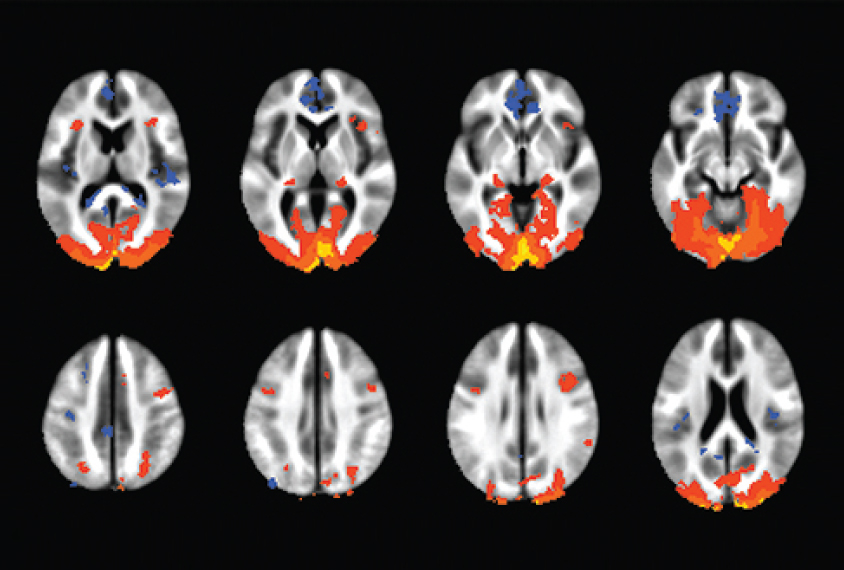Abigail Fagan
From this contributor
New measure yields rapid diagnosis in adults with autism
An abbreviated tool enables clinicians to quickly assess adults for signs of autism.

New measure yields rapid diagnosis in adults with autism
New York program transports children with autism to their passion
In a New York City after-school program, children with autism build social skills through a shared interest in trains.

New York program transports children with autism to their passion
Tool taps personal interests to understand self-control
A novel take on a widely used test could help clinicians assess impulsivity in people with autism.

Tool taps personal interests to understand self-control
Anxiety may heighten social communication challenges in autism
Anxiety may exacerbate social communication problems in children with autism — and not the other way around.

Anxiety may heighten social communication challenges in autism
Marijuana compound curbs seizures by pushing ‘brakes’ in brain
A compound derived from marijuana may treat a severe form of epilepsy by dampening brain activity.

Marijuana compound curbs seizures by pushing ‘brakes’ in brain
Explore more from The Transmitter
Dendrites help neuroscientists see the forest for the trees
Dendritic arbors provide just the right scale to study how individual neurons reciprocally interact with their broader circuitry—and are our best bet to bridge cellular and systems neuroscience.

Dendrites help neuroscientists see the forest for the trees
Dendritic arbors provide just the right scale to study how individual neurons reciprocally interact with their broader circuitry—and are our best bet to bridge cellular and systems neuroscience.
Two primate centers drop ‘primate’ from their name
The Washington and Tulane National Biomedical Research Centers—formerly called National Primate Research Centers—say they made the change to better reflect the breadth of research performed at the centers.

Two primate centers drop ‘primate’ from their name
The Washington and Tulane National Biomedical Research Centers—formerly called National Primate Research Centers—say they made the change to better reflect the breadth of research performed at the centers.
Post-infection immune conflict alters fetal development in some male mice
The immune conflict between dam and fetus could help explain sex differences in neurodevelopmental conditions.

Post-infection immune conflict alters fetal development in some male mice
The immune conflict between dam and fetus could help explain sex differences in neurodevelopmental conditions.